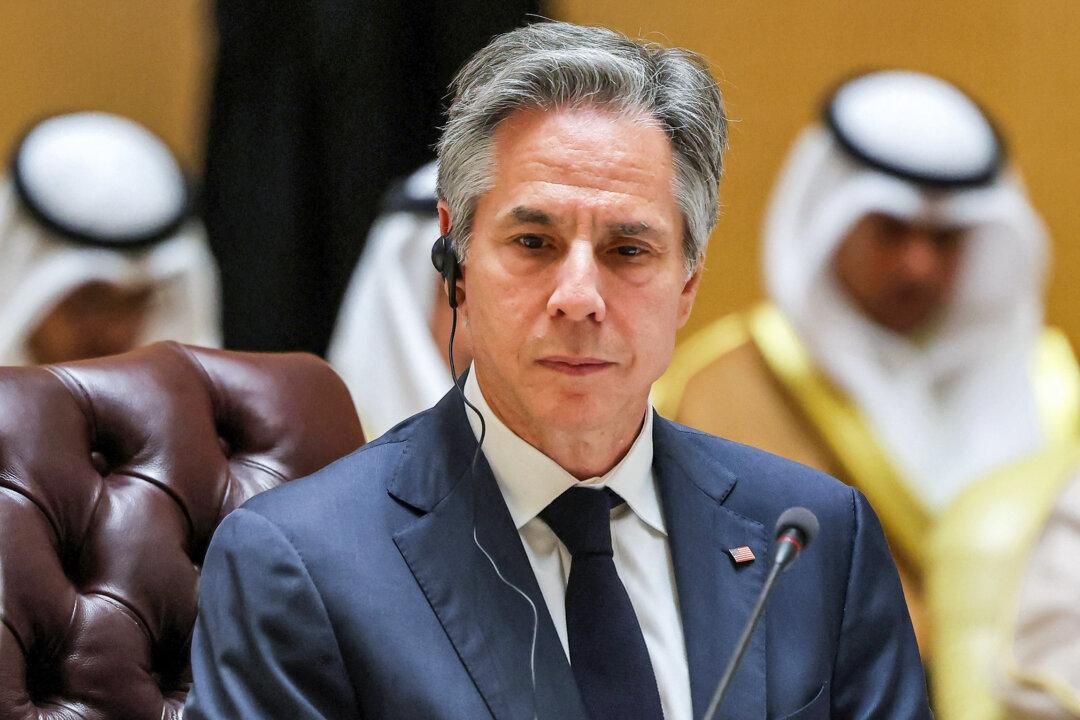U.S. Secretary of State Antony Blinken urged Hamas on April 29 to quickly accept what he called an “extraordinarily generous” offer from Israeli negotiators for a limited cease-fire in exchange for the release of some hostages being held in the Gaza Strip.
Hamas and Israeli government negotiators, working through intermediaries, have been trading back and forth proposals and counterproposals that could at least temporarily pause the ongoing Israeli military operations throughout the Gaza Strip in exchange for the release of hostages taken by Hamas on Oct. 7, 2023.





